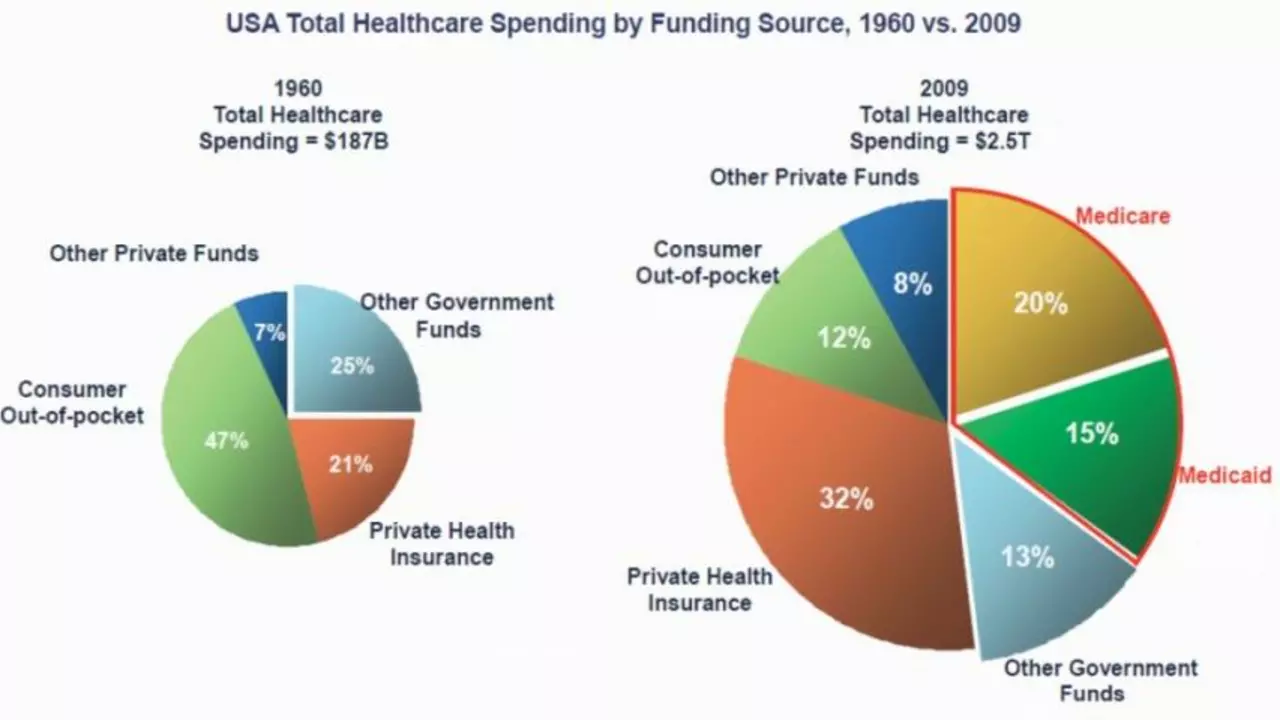Healthcare Critique: Real Talk on Health Policy, Costs & Care
Ever wonder why health topics feel so confusing? One reason is that most articles either sugar‑coat the facts or drown you in jargon. This page cuts the fluff and gives you a straight‑forward look at the biggest issues shaping health today.
Why We Need Honest Critique
When it comes to health, blind optimism can hurt patients as much as bad policy. A clear critique helps dentists, doctors and anyone who uses the system see what works, what doesn’t, and where the money disappears. Think of it like a regular check‑up for the health system – you catch problems early and fix them before they become emergencies.
Take universal health care, for example. People often hear that it’s "cheap" without understanding why. The truth is that bulk coverage spreads risk, cuts admin costs and focuses on prevention. Those three simple moves lower the price per person, just like buying a 48‑roll pack of toilet paper saves you cash compared to single rolls.
In the United States, the story flips. The average American shells out around $11,000 a year for health care – more than double what many other rich countries spend. High insurance premiums, pricey drugs and a maze of billing codes drive that number up. Without a solid critique, it’s easy to accept the cost as normal instead of demanding change.
Top Topics Shaping the Conversation
Access gaps. Roughly 10% of the world can’t get basic medical services. Rural residents, low‑income families and the elderly feel the pinch hardest. When you hear about a new clinic opening, ask yourself: who’s really being served?
Technology’s role. AI, telemedicine and IoT promise cheaper, faster care. But they also raise questions about data privacy and whether every dentist or doctor can afford the tools. A good critique weighs the hype against real‑world impact.
Medical equipment buying. From MRI machines to simple exam chairs, where you buy matters. Online retailers often beat local stores on price, yet warranty and service support can suffer. Knowing the trade‑offs saves you money and future headaches.
Public health responsibilities. Physicians aren’t just clinicians; they’re educators and advocates. When a doctor pushes for clean water or vaccination campaigns, the whole community benefits. Critiquing how health professionals engage with public health reveals gaps we can close together.
All these topics appear in the posts linked to the "healthcare critique" tag. Whether you’re a dental practitioner looking for cost‑effective equipment or a patient curious about why health insurance feels like a maze, the ideas here give you a practical starting point.
Bottom line: a healthy system needs honest feedback. By questioning cost structures, technology promises and access barriers, we can push for a smarter, fairer health landscape. Keep this page bookmarked; the conversation evolves, and staying informed is the best tool you have.
What are your thoughts on healthcare in the U.S?
- Kaius Sterling
- July 23, 2023
- 0 Comments
In my opinion, the U.S healthcare system, while advanced in terms of technology and innovations, is fraught with challenges related to access, cost, and equity. The high cost of medical care and insurance puts quality healthcare out of reach for many Americans. I also believe the system is complex and hard to navigate, causing stress and confusion for patients. It's commendable that it excels in areas like research and specialty care, but I feel the U.S needs to work on making healthcare more affordable and accessible to all its citizens. Finally, a move towards prevention rather than treatment could be a game changer.
read more